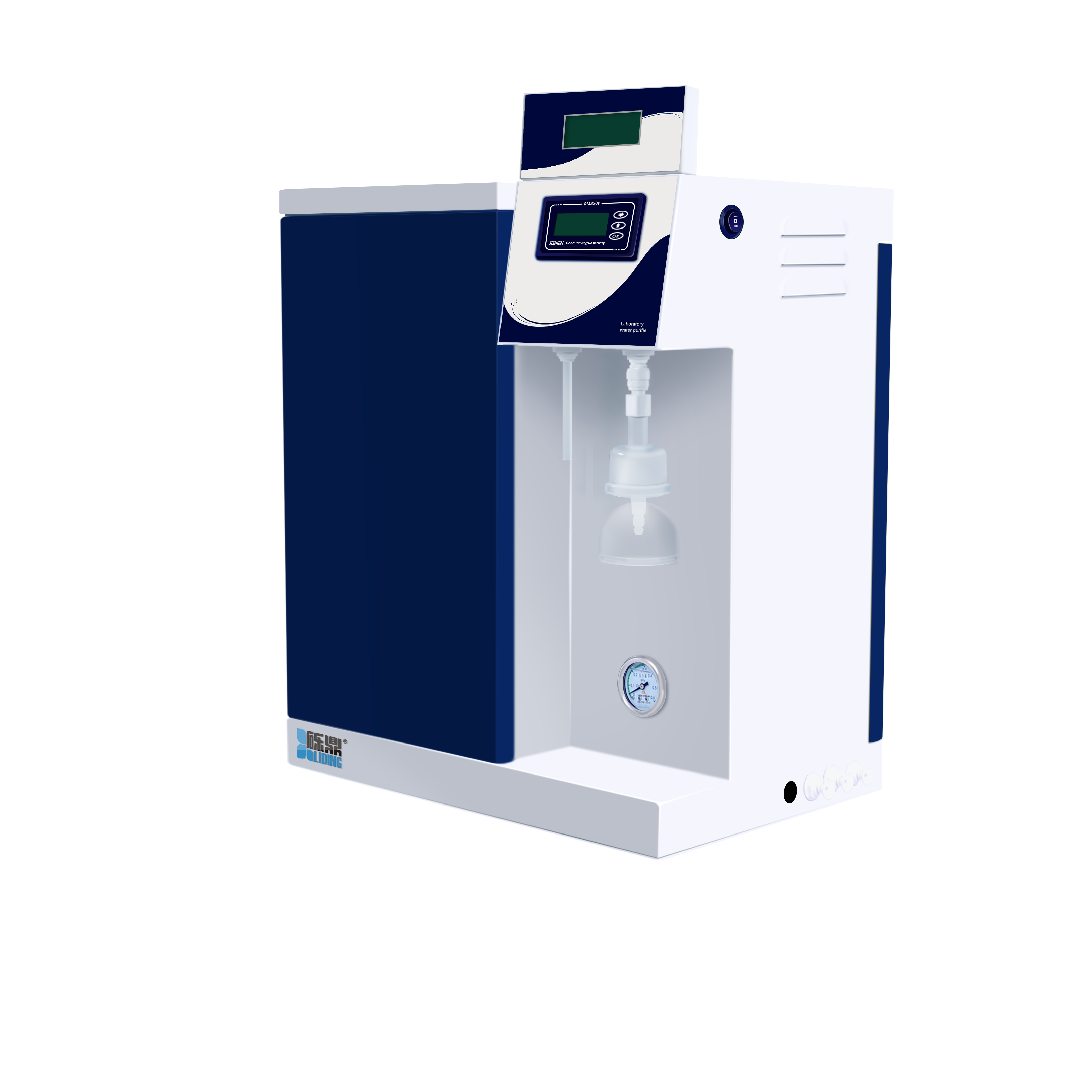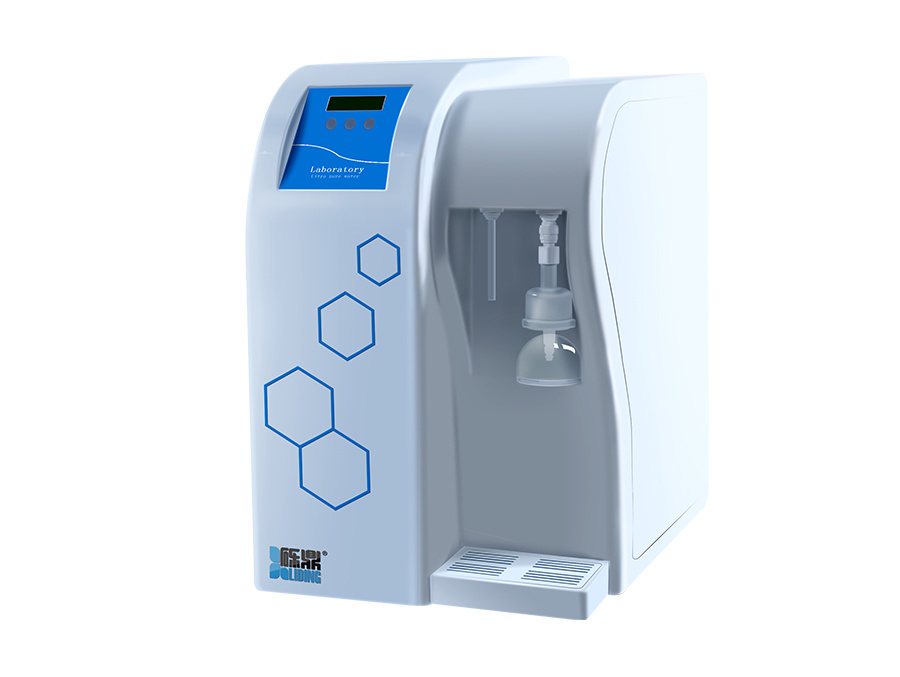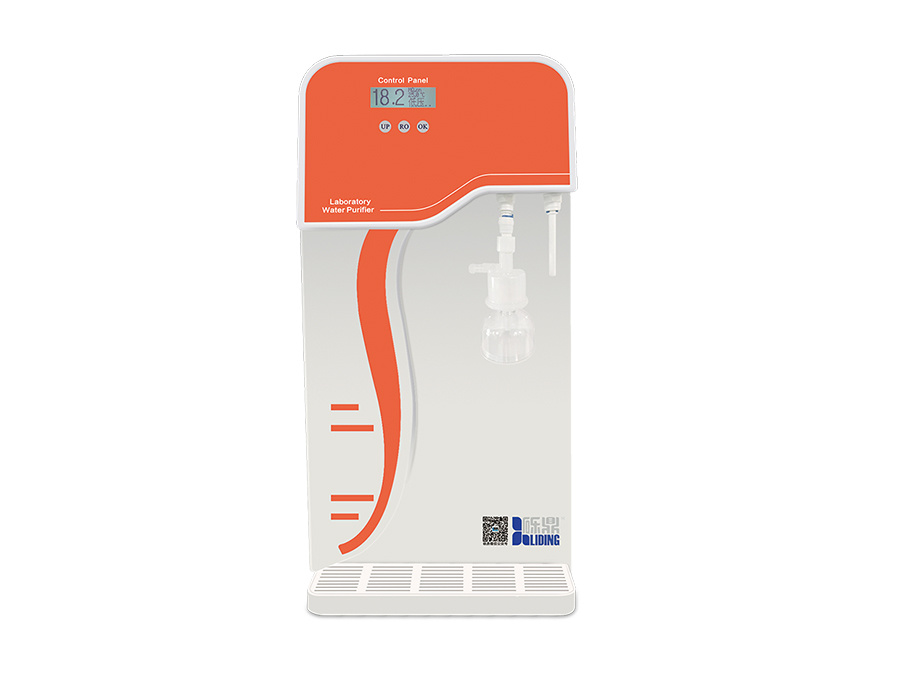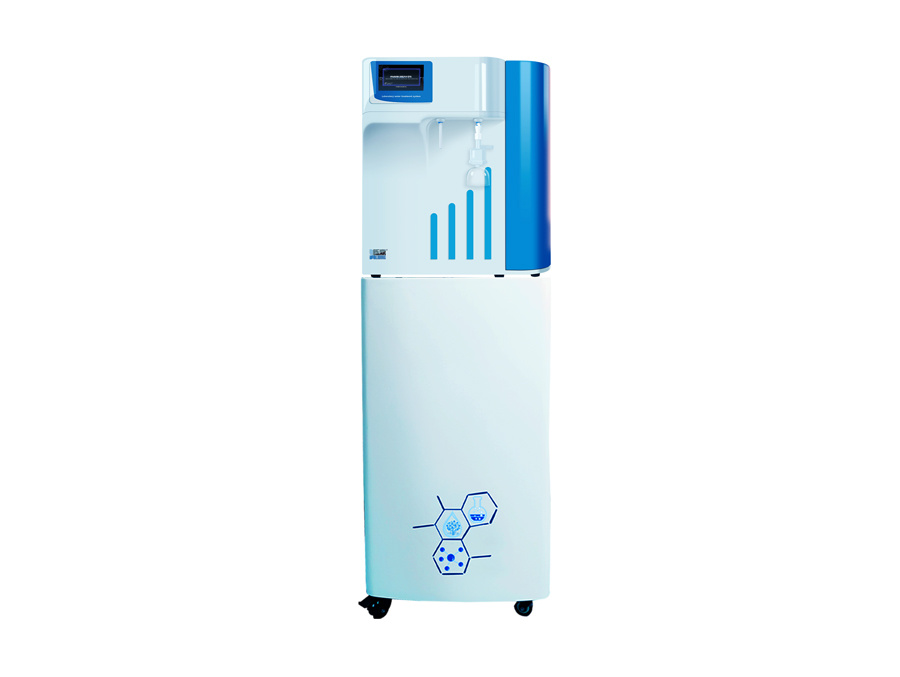How an Ultra Purified Water System Enhances Industrial Efficiency
Time:
Jul 03,2025
How an Ultra Purified Water System Enhances Industrial Efficiency
In today’s competitive industrial landscape, efficiency and productivity are paramount. Industries are constantly seeking innovative solutions to optimize their operations, and one often overlooked aspect is the quality of water used in production processes. An ultra purified water system can be a game-changer for various sectors, enhancing efficiency, reducing operational costs, and ensuring product quality. In this article, we will explore the intricacies of ultra purified water systems and their transformative impact on industrial efficiency.
Table of Contents
- Understanding Ultra Purified Water
- Importance of Water Quality in Industries
- How Ultra Purified Water Systems Work
- Advantages of Ultra Purified Water Systems
- Applications in Various Industries
- Cost Benefits of Ultra Purified Water Systems
- Best Practices for Implementation
- The Future of Ultra Purified Water Systems
- Frequently Asked Questions
Understanding Ultra Purified Water
Ultra purified water is water that has undergone extensive filtration and purification processes to remove impurities, including minerals, bacteria, and organic materials. This level of purification is achieved through advanced technologies such as reverse osmosis (RO), deionization (DI), and distillation. Each of these methods plays a critical role in ensuring that the water meets the stringent quality standards required by various industries.
What Makes Water "Ultra Purified"?
To classify water as ultra purified, it must typically have a conductivity of less than 1 µS/cm, meaning that it contains very few dissolved solids. This purity level makes ultra purified water suitable for applications where even the slightest impurities can compromise product quality or equipment performance.
Importance of Water Quality in Industries
The quality of water used in industrial processes can significantly impact operational efficiency. Poor-quality water can lead to equipment malfunctions, product contamination, and increased maintenance costs. Industries that rely heavily on high-quality water include pharmaceuticals, electronics, food and beverage, and chemical manufacturing.
Impacts of Low-Quality Water
- Equipment Damage: Impurities in water can cause scaling and corrosion, leading to costly repairs and downtime.
- Product Contamination: In industries like food processing, low-quality water can lead to unsafe products, risking consumer health and brand reputation.
- Increased Energy Consumption: Impurities can hinder the efficiency of cooling systems, resulting in higher energy costs.
How Ultra Purified Water Systems Work
An ultra purified water system utilizes a combination of technologies to achieve the desired level of purity. The process typically involves the following stages:
1. Pre-Filtration
The first step involves pre-filtering the water to remove larger particles and sediment. This process helps protect subsequent filtration stages from clogging.
2. Reverse Osmosis
Next, reverse osmosis is employed to remove dissolved solids, bacteria, and other contaminants. Water is forced through a semi-permeable membrane that allows only water molecules to pass, effectively filtering out impurities.
3. Deionization
Deionization further purifies the water by removing ionized salts and minerals. This step is crucial for applications requiring extremely low conductivity.
4. Ultraviolet Sterilization
To ensure that any remaining bacteria or viruses are eliminated, ultraviolet (UV) sterilization is often used as the final step in the purification process.
Advantages of Ultra Purified Water Systems
Implementing an ultra purified water system offers numerous advantages that can enhance industrial efficiency:
1. Improved Product Quality
With ultra purified water, industries can produce higher quality products, free from contaminants. This is especially vital in sectors like pharmaceuticals and food manufacturing, where purity directly affects safety and efficacy.
2. Enhanced Equipment Lifespan
By using high-quality water, companies can minimize scaling and corrosion in equipment, extending its lifespan and reducing maintenance costs.
3. Increased Operational Efficiency
Ultra purified water systems can operate more efficiently, reducing energy consumption and improving overall productivity.
4. Regulatory Compliance
Many industries are subject to strict regulations regarding water quality. An ultra purified water system helps ensure compliance, avoiding potential fines and legal issues.
5. Environmental Sustainability
By reducing the need for chemical treatments and minimizing waste, ultra purified water systems contribute to more sustainable industrial practices.
Applications in Various Industries
Ultra purified water systems find applications across a wide range of industries, each benefiting from the enhanced efficiency and quality that this technology provides.
1. Pharmaceutical Industry
In the pharmaceutical sector, ultra purified water is essential for drug formulation and cleaning processes. The purity of the water directly impacts the safety and effectiveness of pharmaceutical products.
2. Electronics Manufacturing
Electronics manufacturing requires ultra purified water for rinsing and cleaning components. Impurities can cause defects in sensitive electronic devices, making high-quality water crucial.
3. Food and Beverage Industry
In food processing, ultra purified water is used in product formulation and cleaning equipment. Ensuring the water quality helps maintain product safety and taste.
4. Chemical Manufacturing
Chemicals often require pure water for dilution and reaction processes. Utilizing ultra purified water minimizes contamination risks and enhances product consistency.
Cost Benefits of Ultra Purified Water Systems
While the initial investment in an ultra purified water system may seem significant, the long-term cost benefits can be substantial:
1. Reduced Maintenance Costs
By preventing scaling and corrosion, companies can reduce the frequency and cost of maintenance and repairs.
2. Lower Energy Costs
Efficient systems that utilize ultra purified water often require less energy, leading to lower utility bills and increased profitability.
3. Enhanced Productivity
With fewer disruptions related to water quality issues, production can flow more smoothly, resulting in increased output and reduced downtime.
Best Practices for Implementation
To effectively implement an ultra purified water system, consider the following best practices:
1. Conduct a Needs Assessment
Evaluate the specific water quality requirements of your processes and determine the necessary purification methods.
2. Select the Right Technology
Choose a system that combines the appropriate purification technologies (e.g., RO, DI, UV) for your industry needs.
3. Regular Maintenance and Monitoring
Implement a schedule for regular maintenance and monitoring to ensure the system operates optimally. Regular testing of water quality is crucial.
The Future of Ultra Purified Water Systems
The future of ultra purified water systems looks promising, driven by technological advancements and increasing awareness of water quality's importance in industrial processes. Innovations such as smart monitoring systems and energy-efficient technologies are expected to enhance the performance and sustainability of these systems.
Frequently Asked Questions
1. What is the difference between purified and ultra purified water?
Purified water has been filtered and processed to remove impurities, while ultra purified water undergoes additional purification methods to achieve an extremely high level of purity, suitable for sensitive applications.
2. How often should an ultra purified water system be maintained?
Regular maintenance is essential. It is recommended to conduct routine inspections and testing monthly, with more thorough maintenance every 6 to 12 months, depending on usage.
3. Can ultra purified water systems be customized for specific industrial needs?
Yes, ultra purified water systems can be tailored to meet the specific requirements of different industries, including the combination of purification technologies and system capacity.
4. What are the energy requirements for operating an ultra purified water system?
Energy requirements vary based on the size and technology of the system. However, many modern systems are designed for energy efficiency, reducing overall consumption.
5. Is there an environmental impact associated with ultra purified water systems?
While the purification process requires energy and resources, ultra purified water systems can lead to reduced chemical usage and waste, contributing positively to environmental sustainability when managed properly.
Conclusion
Implementing an ultra purified water system can enhance industrial efficiency in numerous ways. From improving product quality to reducing maintenance costs, the advantages are clear. As industries continue to evolve, investing in high-quality water solutions will play a crucial role in ensuring operational success and sustainability. By recognizing the myriad benefits that ultra purified water systems offer, we can pave the way for more efficient and environmentally-friendly industrial practices.








